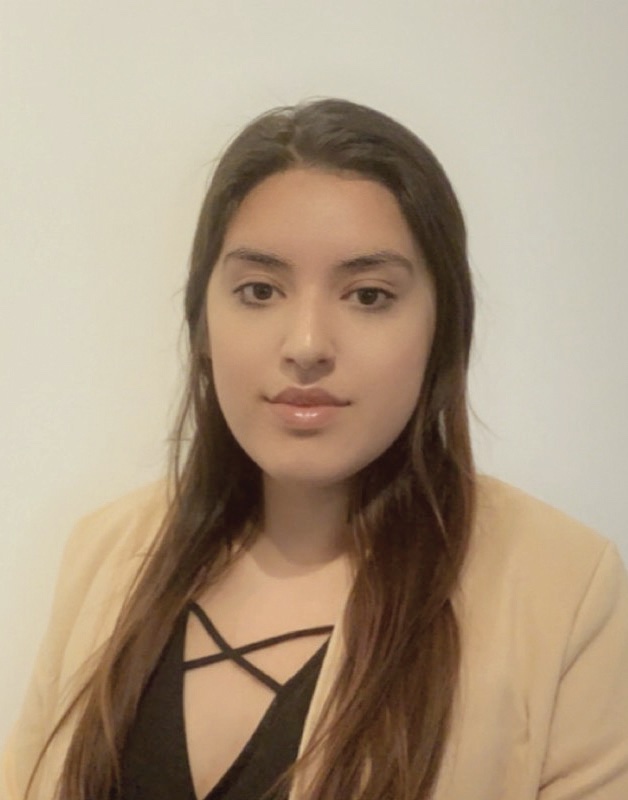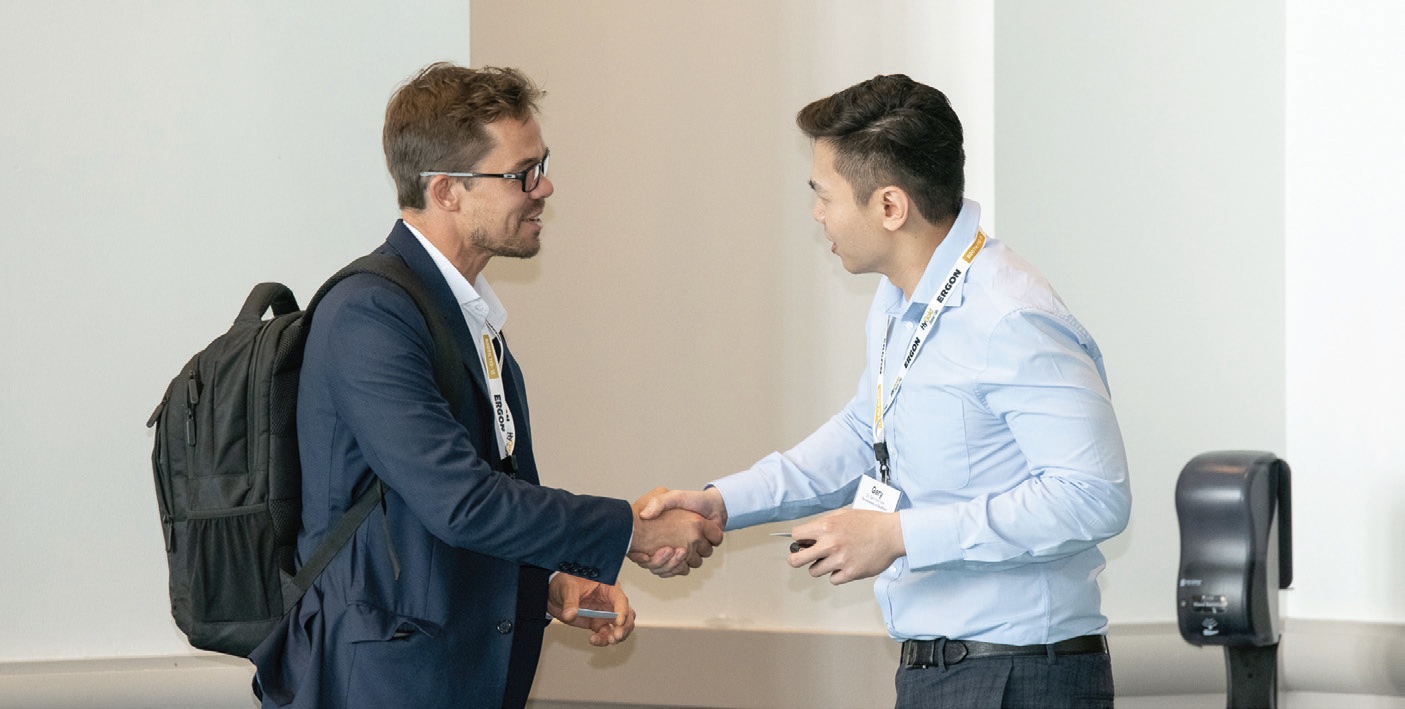20 Minutes With Monica Ferrera
Rachel Fowler, Publisher/Editor-in-Chief | TLT 20 Minutes October 2022
This mechanical engineer with the U.S. DEVCOM Army Research Laboratory discusses lubricant-based fouling and how she got into the industry.
Monica Ferrera - The Quick File
STLE member Monica Ferrera is a mechanical engineer specializing in tribological research with the U.S. DEVCOM Army Research Laboratory, a part of the Army Futures Command, at Aberdeen Proving Ground, Md. She graduated from the University of California, Merced, with a master’s degree in mechanical engineering and a research focus on lubricant-based varnish accumulation and removal under advisor and STLE Fellow Dr. Ashlie Martini. Ferrera’s current research focuses on fuel-lubricated contacting interfaces. She has published her research on varnish removal and has been a co-author on other published works.

Monica Ferrera
TLT: How long have you worked in a lubrication-related field, and how did you decide to pursue a career in the lubricants industry?
Ferrera: I have been working in the tribological field since 2018 when I joined the Martini Research Group as an undergraduate researcher. My first research project included oil blending and performance. Then I took over an industrial varnish removal project funded by Chevron Corp. Varnish accumulation and removal became the research topic for my master’s thesis at the University of California, Merced. Once I realized the impact of our research, I became passionate about tribological research. Almost every mechanical system relies on lubrication or surface modification for performance, especially in a modern research landscape that relies heavily on small efficiency improvements that can make large impacts.
TLT: What has been your most rewarding accomplishment throughout your career in the lubricants industry?
Ferrera: The most rewarding accomplishment of my career in the lubricants industry, thus far, was getting the opportunity to film a segment for an international TV series called “Mission Unstoppable” with my mentor STLE Fellow Ashlie Martini. We were able to inform young, aspiring scientists about the lubricants field and hopefully help foster a new generation of tribologists.
TLT: What is the No. 1 piece of advice you would give to a person who might be interested in starting a career in the lubricants industry?
Ferrera: Say yes. Don’t be afraid to work on any project. I initially met my future advisor Martini at a hiring event for NASA’s Jet Propulsion Laboratory, and if I had been closed minded about the opportunity to work on the lubricant blending projects or varnish testing, I would not have had any of the many opportunities I have been given in my career. Being offered a position in a tribological research lab led to my ultimate goal of becoming a valuable contributor to research in the vehicle technology field with the U.S. Army.
TLT: Throughout the different segments within your career, which one has been the most interesting, challenging and/or rewarding?
Ferrera: My current chapter with the U.S. Army DEVCOM Army Research Laboratory has been the most interesting segment of my career so far. I have learned and grown so much as a young professional and a researcher in my time with the lab. I have acquired so many new skills and have the freedom to explore research topics in a way that lets me marry my love for physical testing and theoretical modeling.
 Contact with other researchers helps keep you informed about emerging research topics and opens the door for your future career.
Contact with other researchers helps keep you informed about emerging research topics and opens the door for your future career.
TLT: What are some of the most technical lubrication-based concepts or topics you have encountered throughout your career?
Ferrera: Lubricant-based fouling of mechanical systems is the most prevalent technical theme in my career. No matter the blend of additives, there are always trade-offs and limiting conditions based on operation criteria. These constraints shape the constantly changing landscape of lubricant engineering. For instance, there are additives in fuel lubricated systems that are intended to provide resistance to lead fouling but have been shown, under certain conditions, to cause issues due to their conductive nature in other areas of fuel systems. Therefore, it is important to consider one’s application in its entirety and try to mitigate problems created by the very additives that have been designed to lengthen the life of your system.
TLT: What is the one thing you wish you would have learned earlier in your career?
Ferrera: A piece of knowledge I wish I could deliver to my younger self would be the value of being involved in the research community and networking events such as the meetings STLE offers. Contact with other researchers helps keep you informed about emerging research topics and opens the door for your future career. In addition, poster sessions and talks provide a valuable platform to share and improve your current research.
You can reach Monica Ferrera at monica.l.ferrera.civ@army.mil.